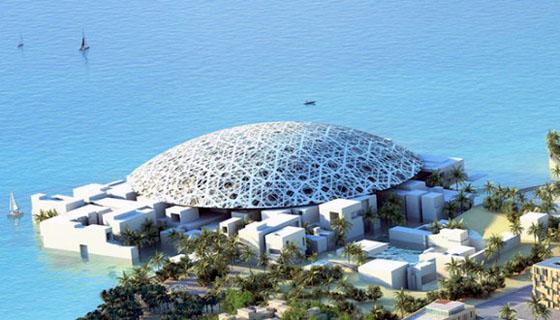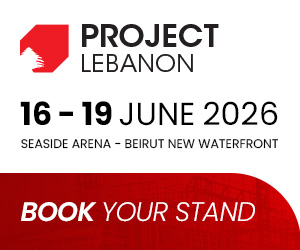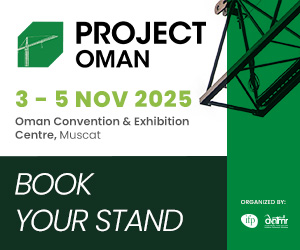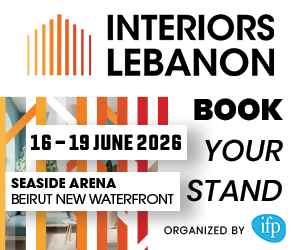Some 10 years, 8 months and 250 days after the signing of the unprecedented inter-governmental agreement that kick-started the project, it was announced the Louvre Abu Dhabi will open to the public on November 11.
The much-anticipated announcement was made to the world’s media by the Louvre Abu Dhabi’s director, Manuel Rabaté, and Mohamed Khalifa Al Mubarak, chairman of the Abu Dhabi Tourism and Culture Authority (TCA) at a ceremony that was also attended by Sheikh Nahyan bin Mubarak Al Nahyan, Minister of Culture and Knowledge Development, its architect Jean Nouvel, Jean-Luc Martinez, president of the Louvre Museum in Paris and the French minister of culture, Françoise Nyssen.
Sheikh Mohammed bin Zayed, Crown Prince of Abu Dhabi and Deputy Supreme Commander of the UAE Armed Forces, tweeted in Arabic, English and French the UAE boosts its global cultural presence with the museum's opening.
Speaking to The National in the days before the announcement, Al Mubarak emphasized the importance of the museum’s opening, not just as a cultural institution, but as a statement of intent.
“Abu Dhabi has put its hand on its heart and said that the Louvre Abu Dhabi’s messages are ones that it wants to send to the rest of the world: messages of unity, acceptance, connectivity and tolerance,” he said.
“These were messages that were important 1,000 years ago but are even more important today and Abu Dhabi is the beacon that will broadcast these messages to the Arab world and to the rest of the world.”
The Louvre Abu Dhabi’s director and the TCA chairman both made a commitment that come November 11, the museum will be fully-operational, with almost 700 exhibits on display; approximately half of which will belong to the museum’s permanent collection, while the other half will consist of loans from 13 major French cultural institutions including the Louvre Museum, the Musée d’Orsay and the Centre Pompidou in Paris. The loans will include Monet’s La Gare Saint-Lazare, a self-portrait by Vincent van Gogh and Leonardo da Vinci’s enigmatic La Belle Ferronniére, which will leave Europe for the first time to become the first painting by the Renaissance polymath to be exhibited in the Middle East.
Jean Nouvel, the Louve Abu Dhabi architect, said he wanted to ensure that he created "exceptional architecture for an exceptional programme". "I wanted to play with the memory of the place," he said. "The memory of Arabian civilisation – and to play with the climate."
Speaking to The National before the announcement, Manuel Rabaté described the Louvre Abu Dhabi as a “gift to the world” whose beauty, he believed, would have the power to provide visitors with a new perspective on the world.
“Visiting the Louvre Abu Dhabi will be a complete experience. You will discover and enjoy this incredible building and you will encounter masterpieces from all historical period and from all over the world,” he said.
“This will allow you to enjoy and experience beauty at many scales and this balance between experience and learning is possible because the building and the collection complement each other.”
The National














































































